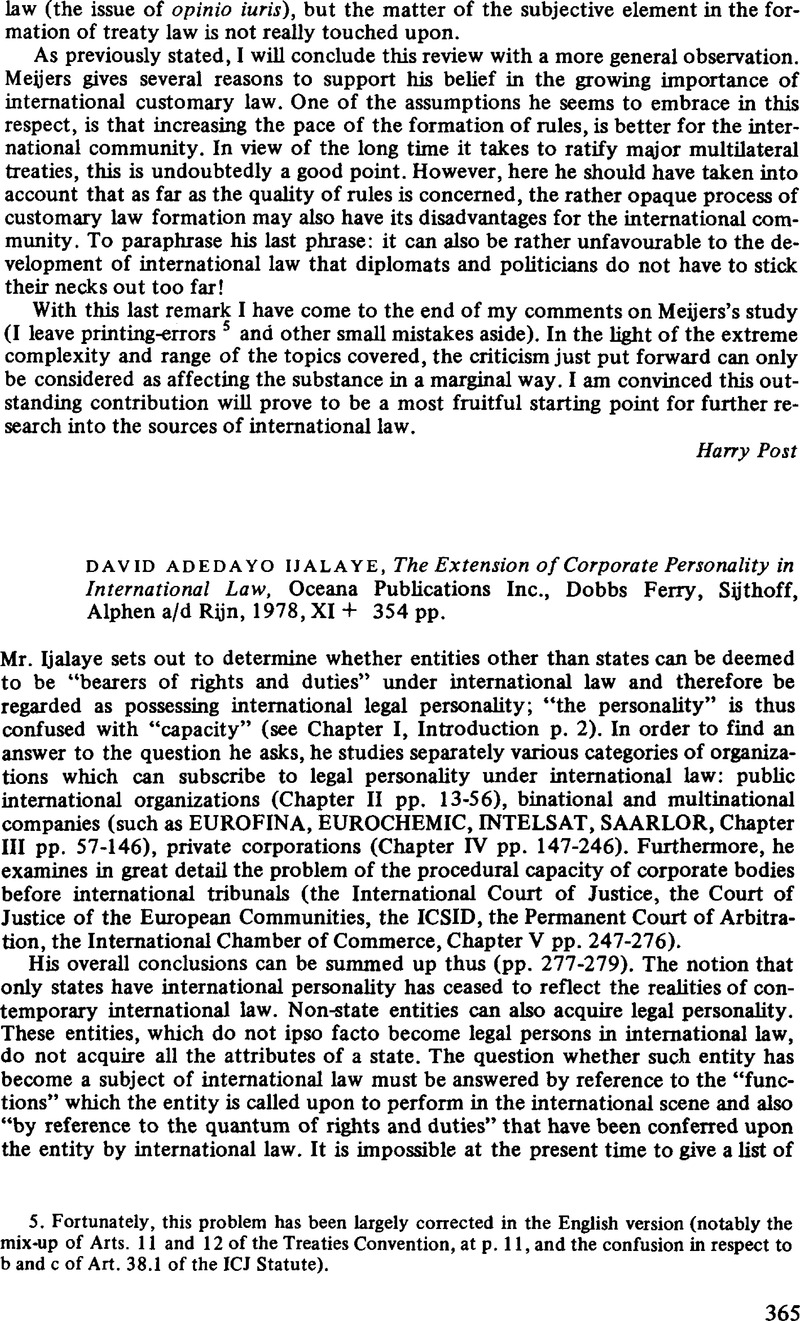Published online by Cambridge University Press: 21 May 2009

1. See, for instance, Fritzsch, M., “Host State, in Mining Ventures in Developing Countries”, Part I, 1979, p. 110Google Scholar; also Smith, D. and Wells, L., “Mineral Agreements in Developing Countries”, in AJIL (1975) p. 571Google Scholar, who write: “The general shift from royalties to income taxation as the primary source of government revenue was probably the most significant change in the early development of concession agreements”.
2. See, for instance, Schlabendorff, F. v., “Political Conditions in Developing Countries in Mining Ventures”, loc.cit., p. 45Google Scholar; Wälde, T., “Transnational Investionsverträge”, Rabels Zeitschrift (1978) p. 58Google Scholar; Kuusi, J., The Host State and the Transnatonal Corporation (1979) p. 166Google Scholar.
3. See on this point, Lazarus, C., “L'organisation des Nations Unies et les entreprises multinationales, in L'entreprise multinationale face au droit 1977” p. 421Google Scholar, which takes a negative attidue to the giving of legal personality to multinational corporations.